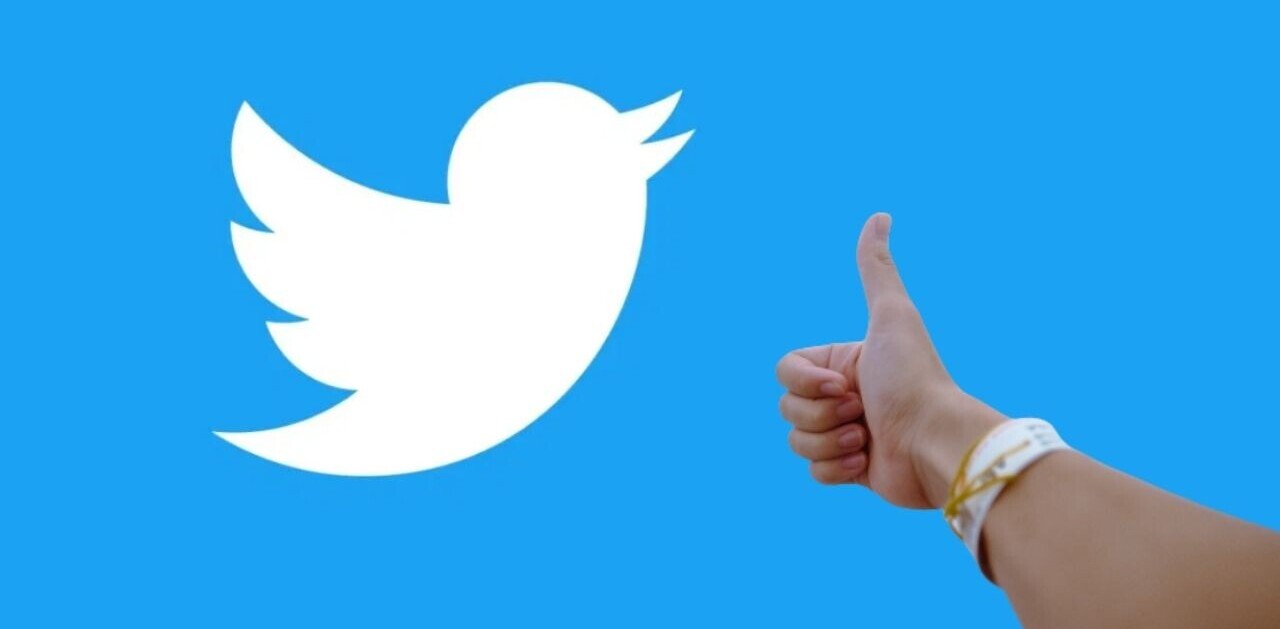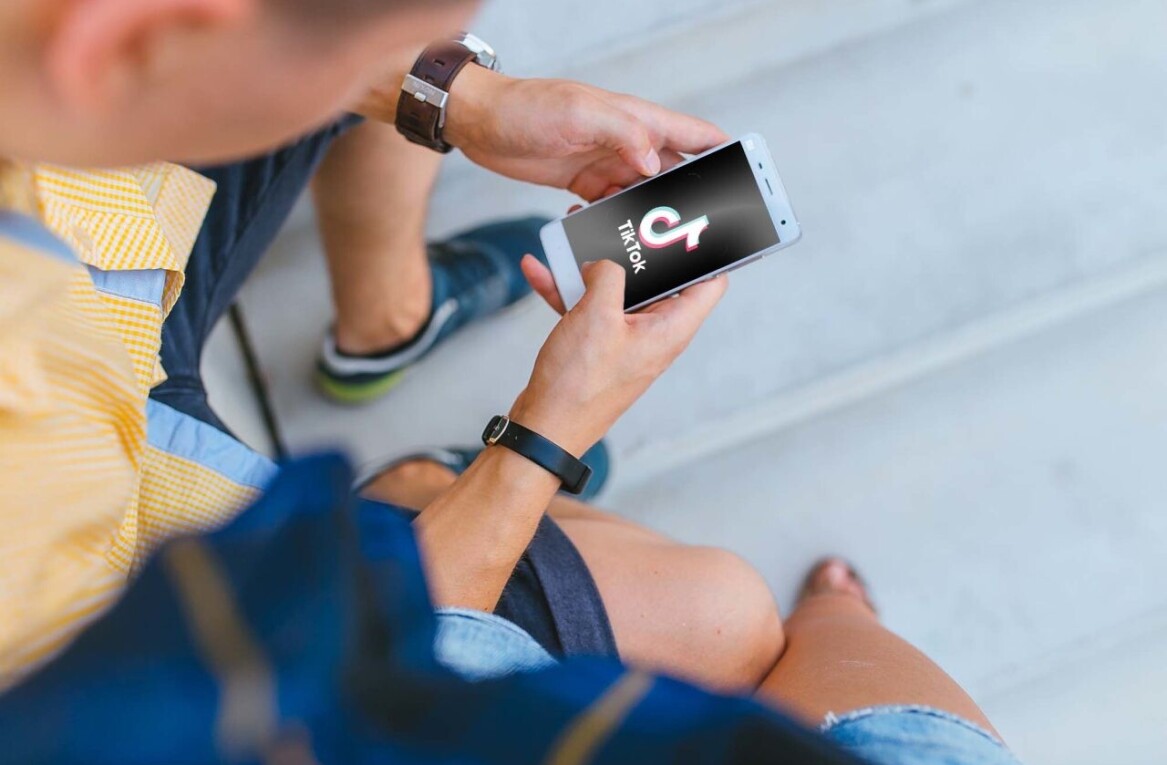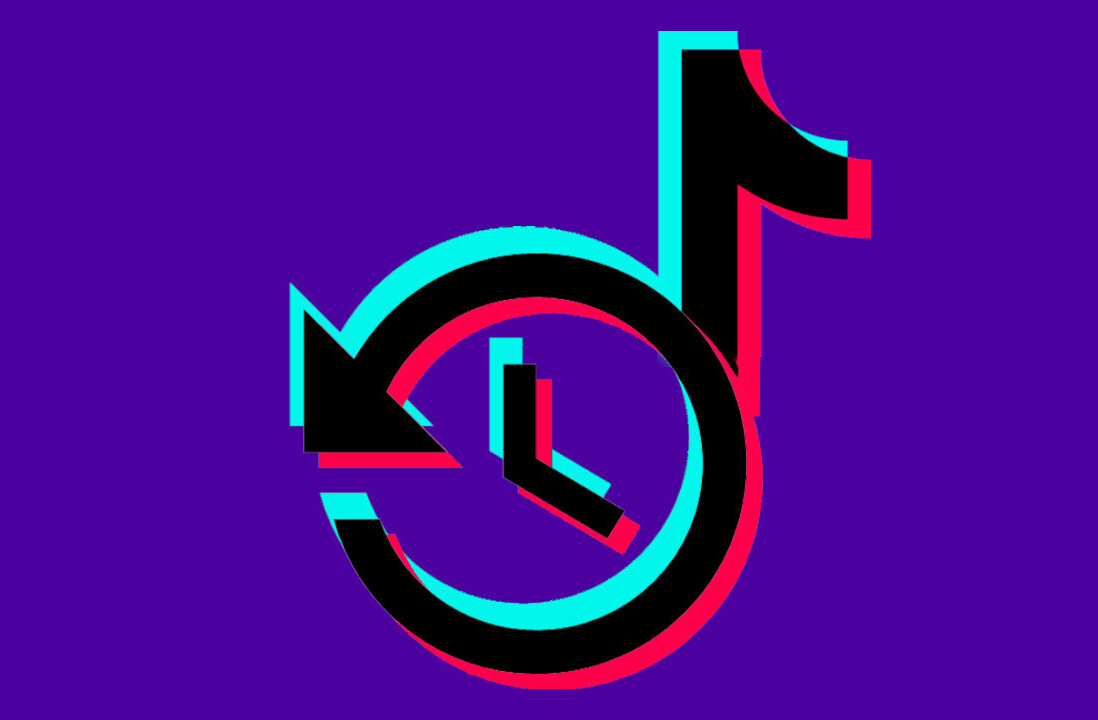
We’ve talked at length about different ways to deal with email overload. From tools like Boomerang to working email schedules into your productivity, there are a number of methods by which you can manage what’s in your inbox. None of these, however, help others to understand when it’s best to send you mail.
A new research project by Georgia Tech professor Eric Gilbert called Courteous.ly gives people insight that they’d normally not have had before. In fact, it’s a method that we’ve never even seen before so you’ll want to know about it.
By consenting to have Courteous.ly look at your inbox, it can determine your present level of email overload and then report in laymen’s terms as to whether or not it’s a proper time for someone to send you an email. By clicking on a unique link that you can use in your email signature, people are taken to a page that displays your present level of overload:

See that asterisks? It’s there because of an option that I selected which allows people to use [whenever] in the subject line. If they do, I’ll get the email sometime in the next 4 hours, when my load lessens. Of course, there are some other options as well, but they’re all pretty minimal:

We don’t read or store your email. We don’t sell your data to anybody… In summary, the research project means that we’ll simply track how this service affects the size of your inbox. In the future, we may ask you to participate in another research study–but that’s completely up to you at the time. Please read the whole consent form available at http://courteous.ly/consent. By giving the service access to your Gmail account, you agree to be part of this study.
Of course using Courteous.ly means that people will need to actually click the link, but I suppose that it’s all part of the research. Regardless, if they do click it and act appropriately, it could mean considerably less email than you’ve had in the past.
Get the TNW newsletter
Get the most important tech news in your inbox each week.




